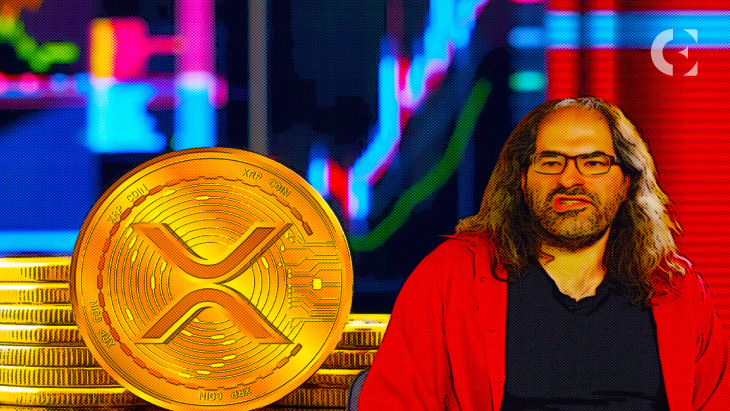- Ripple CTO sparks debate on the role of government in social media content regulation.
- An XRP enthusiast argues Twitter should not be allowed to censor users after all.
- X implements enhanced safety measures to protect users from malicious content.
David Schwartz, Ripple’s Chief Technology Officer, has recently initiated a discussion on X (formerly Twitter) regarding the role of government and social media companies in content regulation.
Schwartz pointed out that when individuals advocate for certain restrictions on social media platforms like X, they may be inadvertently advocating for government intervention and potential penalties where the platforms are perceived to be acting improperly. In his words:
“Whenever you hear somebody say ‘X shouldn’t be allowed to Y’ understand that what they really mean is that the government should have and use the power to punish X…”
Schwartz’s tweet elicited various reactions from the crypto community on the X platform. An XRP enthusiast expressed concerns about X’s censorship practices. The commenter argued that the platform should not be allowed to censor users. After all, Elon Musk, Twitter owner, is a staunch proponent of free speech.
In response, the Ripple CTO posed a question, raising the issue of government intervention in social media content moderation. Specifically, Schwartz asked the commenter whether he implied that the government should possess the authority to penalize Twitter if it deems the platform is censoring its users.
Additionally, Schwartz pondered whether such a situation would necessitate Musk’s consideration of the government’s perspectives when deciding what content is appropriate for his media products.
Notably, this exchange highlights the ongoing debate over the boundaries of communication on social media platforms. This argument likely stemmed from Twitter’s new policy to enhance user safety and guard against online threats.
In a recent tweet, X explained that it would hence issue warnings when users attempt to access certain links, and in some instances, it may outright prohibit sharing specific URLs.
“We take these actions to protect our community from links to malware, phishing attempts, spam sites, or content that, if posted directly on our platform, would violate our rules,” the statement read.
Disclaimer: The information presented in this article is for informational and educational purposes only. The article does not constitute financial advice or advice of any kind. Coin Edition is not responsible for any losses incurred as a result of the utilization of content, products, or services mentioned. Readers are advised to exercise caution before taking any action related to the company.







